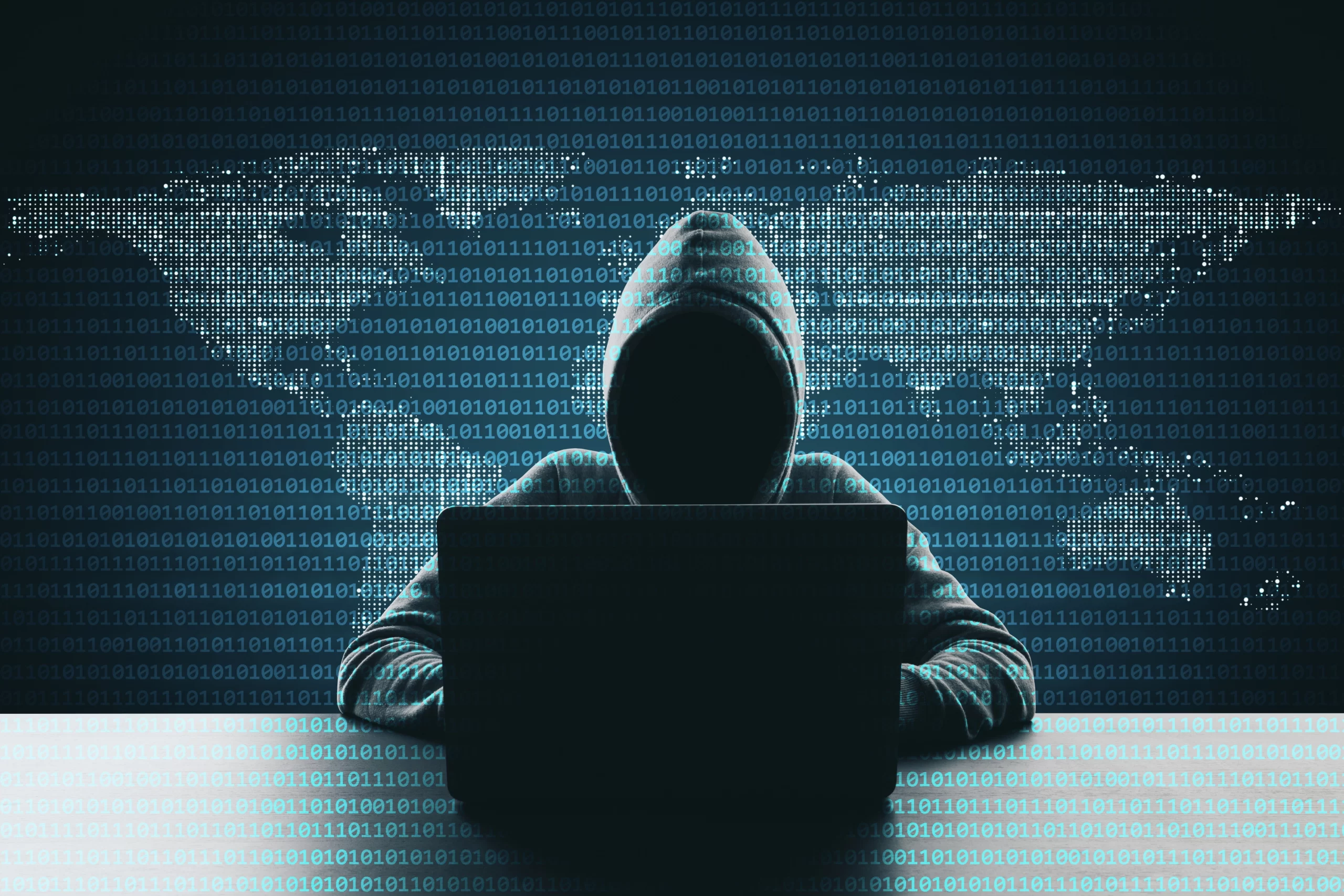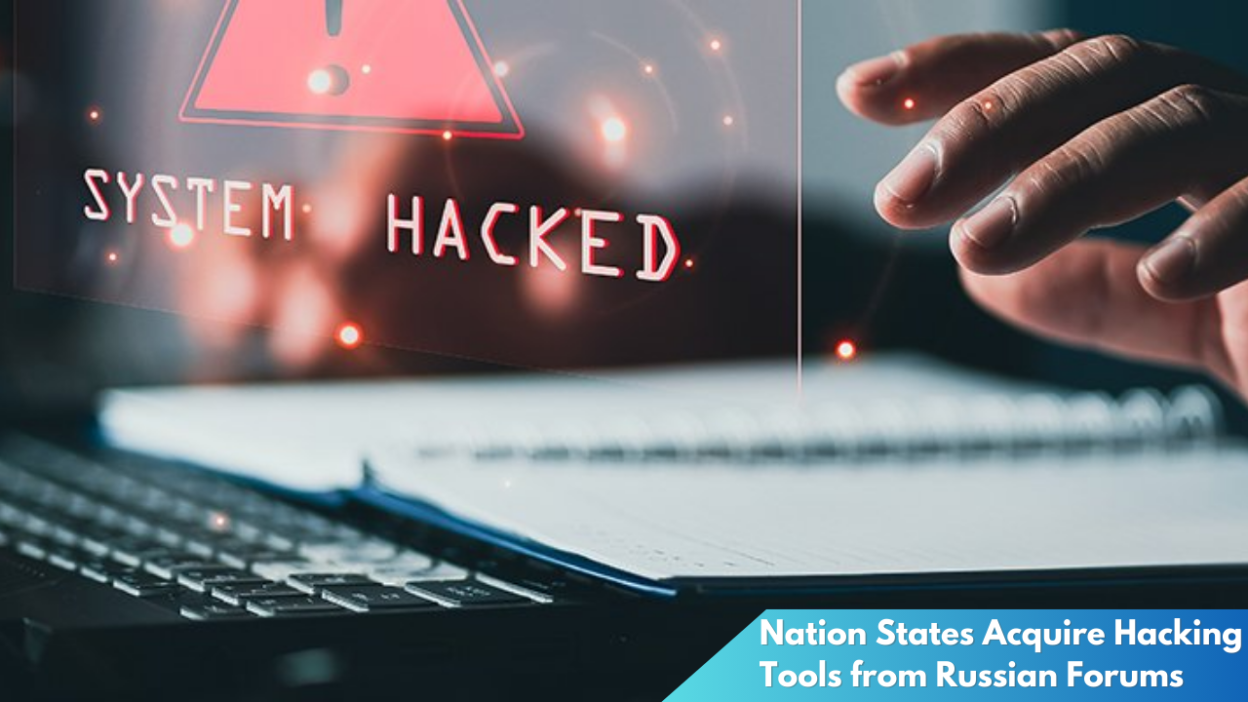In the rapidly evolving landscape of cyber warfare, the acquisition of hacking tools from Russian forums by nation states has emerged as a significant concern for global cybersecurity experts. These forums, often operating on the dark web, provide a marketplace for sophisticated malware and hacking tools that are accessible to a range of buyers, including state actors. The implications of these transactions extend far beyond the boundaries of the cyber world, influencing international relations and heightening the risk of cyber-attacks on critical infrastructure worldwide.
Nation States Tap Russian Forums for Hacking Tools
In recent years, Russian forums have become infamous for their role as hotbeds of cybercriminal activity, offering a plethora of hacking tools and services to the highest bidder. Nation states, recognizing the potential to bolster their cyber capabilities, have increasingly turned to these platforms to acquire advanced malware and hacking tools. These forums, often shrouded in anonymity and operating within the depths of the dark web, provide a discreet and efficient means for states to arm themselves with the latest cyber weaponry. The accessibility of these tools has lowered the barrier to entry for nation states looking to enhance their offensive cyber operations.
The motivation behind these acquisitions varies, with some nations seeking to strengthen their defensive capabilities against potential cyber threats, while others are more offensively minded, looking to expand their influence and control in the digital realm. The tools procured from these forums can range from ransomware and spyware to zero-day exploits, each with the potential to cause significant disruption when deployed. The appeal of these tools lies not only in their effectiveness but also in the anonymity they afford, allowing states to engage in cyber espionage or attacks without leaving a traceable fingerprint.
However, the reliance on Russian forums for such tools raises ethical and security concerns, as the sellers are often cybercriminals themselves, motivated by profit rather than political allegiance. This dynamic creates a precarious situation where nation states may inadvertently support criminal activities, further complicating the geopolitics of cyber warfare. The intersection of state and criminal interests in these transactions underscores the need for more robust international regulations and cooperation to address the proliferation of cyber weapons.
Global Cybersecurity Threats Heightened by Acquisitions
The acquisition of hacking tools from Russian forums by nation states has significantly heightened global cybersecurity threats, exposing vulnerabilities in critical infrastructure and governmental systems. As these tools become more sophisticated, they increase the potential for large-scale cyber-attacks that can disrupt essential services, steal sensitive information, and even jeopardize national security. The global interconnectedness of digital systems means that a breach in one region can have cascading effects, impacting countries across the globe.
The proliferation of these tools has also led to an escalation in the arms race within the cyber domain, with states investing heavily in both offensive and defensive cyber capabilities. This arms race is not without its consequences, as it fosters an environment of mistrust and uncertainty among nations, leading to diplomatic tensions and potential conflicts. The lack of clear international norms and agreements governing cyber warfare further exacerbates these tensions, creating a precarious global security landscape.
In response to these heightened threats, cybersecurity experts and international bodies have called for increased collaboration and information sharing among nations to mitigate the risks posed by the widespread availability of hacking tools. Efforts to establish international cyber norms and treaties are underway, aiming to create a framework for responsible state behavior in cyberspace. However, the challenge remains in balancing national security interests with the need for a stable and secure global cyber ecosystem.
The acquisition of hacking tools from Russian forums by nation states represents a complex challenge in the realm of cybersecurity, blurring the lines between criminal and state-sponsored activities. As the digital battlefield becomes ever more contested, the international community must navigate this new reality with a focus on collaboration, regulation, and vigilance. Addressing these issues will require a concerted effort from governments, industry leaders, and cybersecurity professionals to ensure that the tools of the digital age are used for the betterment of society rather than its detriment.



